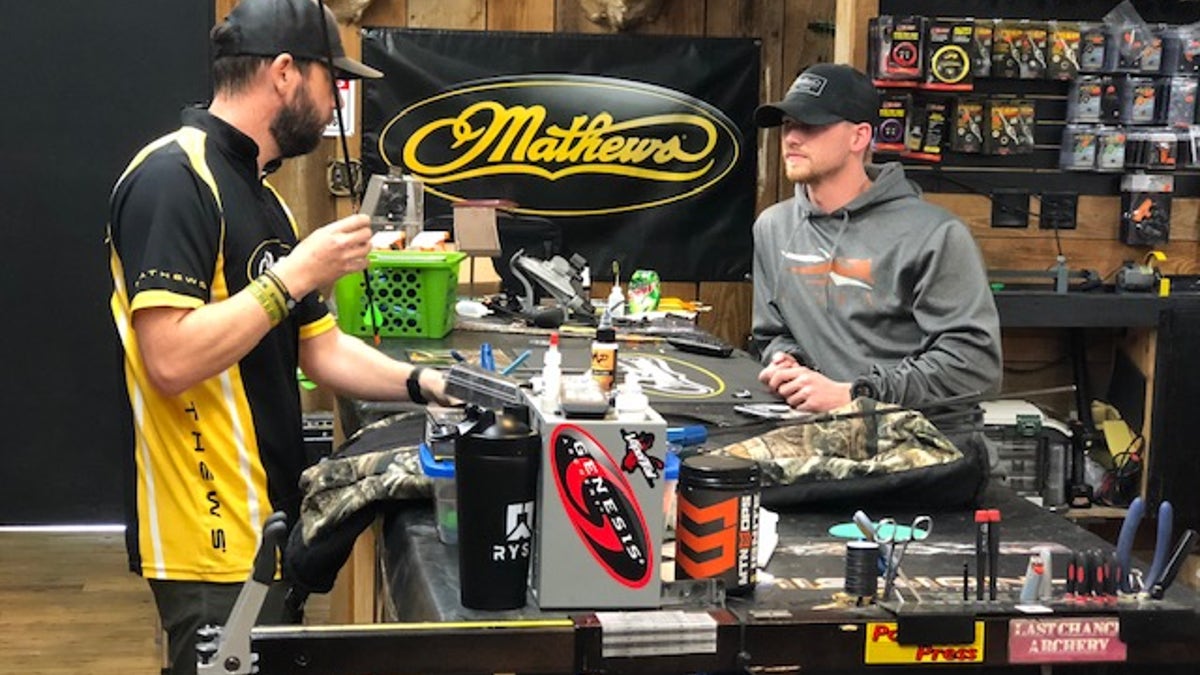STARKVILLE, Miss - At least 16 states have come up with new regulations to prevent hunters from transporting deer from areas where deer have tested positive for Chronic Wasting Disease.
The Carolinas are among the states that have stricter guidelines. In North Carolina for example, hunters must follow the state's new packaging and processing regulations which require meat from deer to be cut off the bone and wrapped before being transported through the state.
The state also forbids hunters from transporting any part of a deer's spinal column. In South Carolina the state Department of Environment and Resources now requires hunters to label carcass parts with identifying information like the name and address of the individual importing the carcass parts; the state and/or country of origin; the date the deer was killed and the hunter's license or permit number. It’s all a part of an effort to prevent the spread of so-called “zombie-deer” and wipe it out of existence.
Steve Demarais, a professor in the department of Wildlife, Fisheries and Agriculture at Mississippi State University, said most states now have some form of regulation that forbids hunters from transporting deer carcasses across state lines.
“If someone illegally moves a deer to a new area thinking they’re going to improve the genetics of the local deer population by bringing deer from a breeding facility, for example, that’s the easiest way to transmit it,” Demarais said.
DEADLY 'ZOMBIE' DEER DISEASE COULD POSSIBLY SPREAD TO HUMANS, EXPERTS WARN
The professor said people have spread the disease by transporting deer they’ve harvested in one state, processing it in another state and discarding the carcass locally. He said the carcass could have the infectious agent on it and get into the soil and potentially contaminate other animals.
“The animals that are sick with it secrete or release infectious agents in their urine and the saliva and their feces,” he explained. “If they die in the environment, their carcasses degenerates, decay and release the infective agent in the soil. It’s very difficult to get rid of once you’ve got it.”
The state of Tennessee confirmed the first cases of CWD in the state during hunting season last December. About 24 deer in Tennessee’s Fayette and Hardeman counties have tested positive for the disease.
The state’s Wildlife and Fishing Commission has since made regulatory changes including establishing a CWD management zone in three counties throughout the state. The commission has also banned harvested deer from being transported out of CWD-positive areas without being processed and people are prohibited from feeding deer in those areas.
DEADLY 'ZOMBIE' DEER DISEASE THREAT PROMPTS LOUISIANA LAWMAKER TO ACT: IT'S 'CRITICAL TO FIND A CURE
Mississippi, which discovered its first cases of CWD in February 2018, has similar restrictions in place. However, the regulations haven’t prevented new cases from popping up. The Mississippi Department of Wildlife and Fisheries confirmed six deer last December that tested positive for CWD in northern Mississippi near where Tennessee found confirmed cases around its southern border.
Demarais said more hunting could help decrease the prevalence of CWD-positive deer
Russ Walsh, executive director of Mississippi’s Wildlife Bureau, said hunters should continue hunting.
“We encourage hunters to continue to do what you’ve always done and go out there and hunt and harvest deer,” Walsh said.
That’s good news to Mississippi hunter Robb Herring who hunts at least five times a week during hunting season. He was concerned the discovery of CWD in the state would cause officials to decrease or halt hunting altogether. He said it’s a matter of livelihood.
“It’s not any kind of a sport for me, it’s keeping the freezer full,” he said about the five deer he kills each year which provides him enough meat to lasts the entire year. “We can go to the store, but you’re not going to buy that organic meat and you’re not going to buy venison deer meat.”

Robb Herring (left) talks with a colleague as he repairs an arrow at the archery store he manages. (Fox News/Charles Watson)
The hunting industry is a multibillion-dollar industry. According to the 2016 National Survey of Fishing, Hunting and Wildlife-Associated Recreation more than $156.9 billion dollars was spent on fishing, hunting and wildlife watching.
Hunters worry that if CWD becomes a larger issue, states like Mississippi, which depend on the sales of hunting licenses to fund its department of Wildlife, Fisheries and Parks, could take a big hit.
CLICK HERE TO GET THE FOX NEWS APP
“There tends to be a small drop in license sales after a state identifies CWD within its boundaries. Simultaneous with that is a dramatic increase in the cost of operations because they’ve dramatically increased their sampling efforts to document where the CWD is exactly in the state so they can manage it well,” said Demarais. “It’s a failed business model.”
